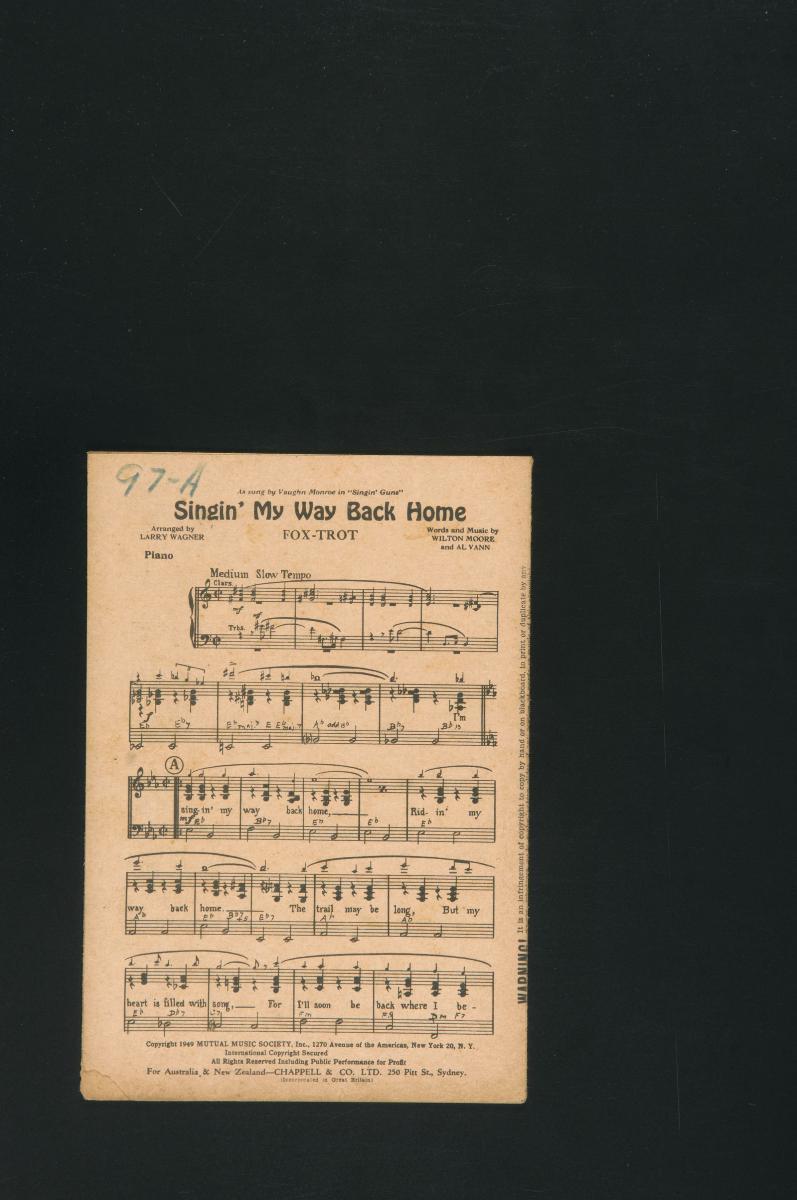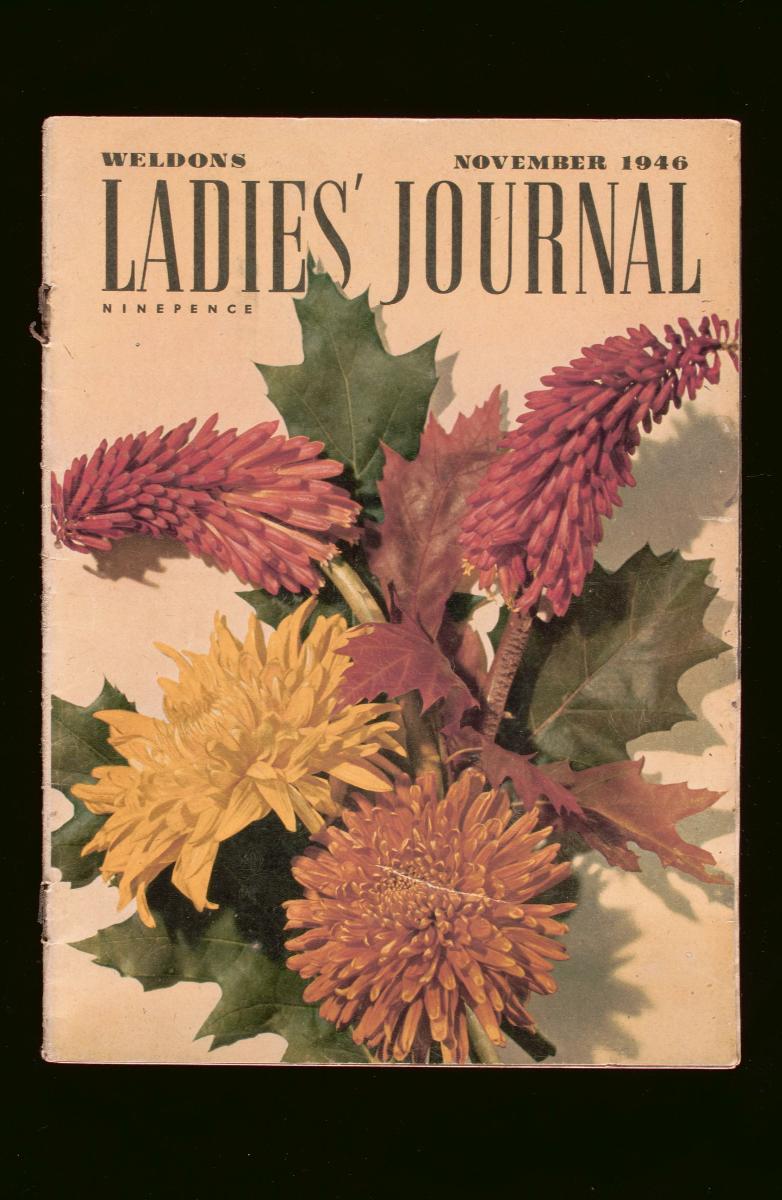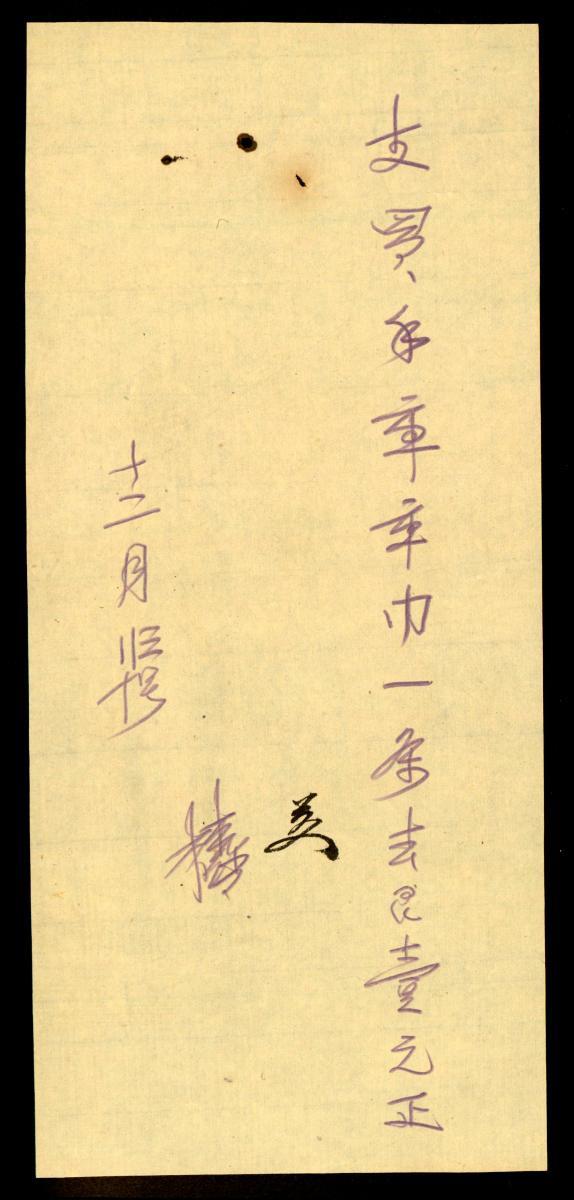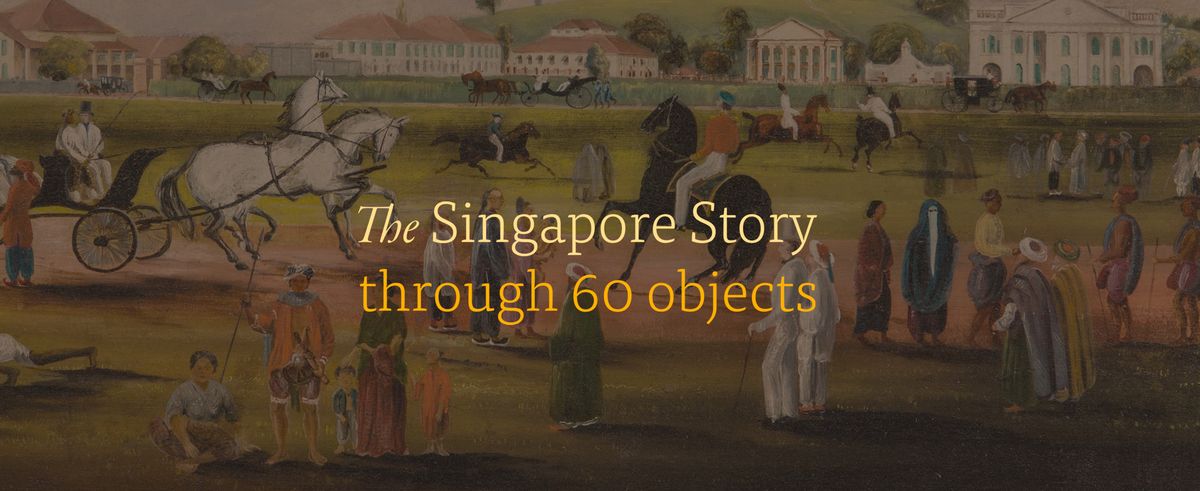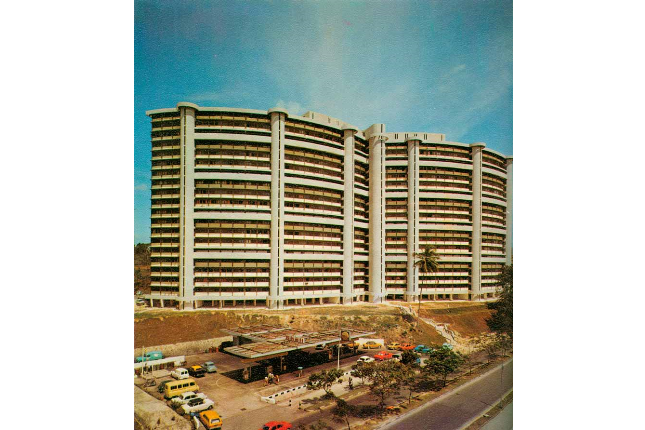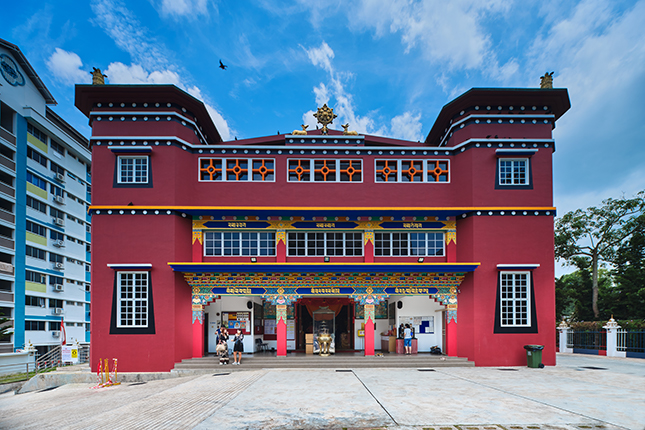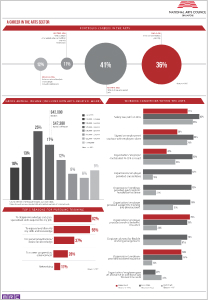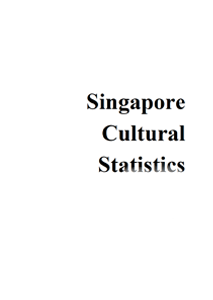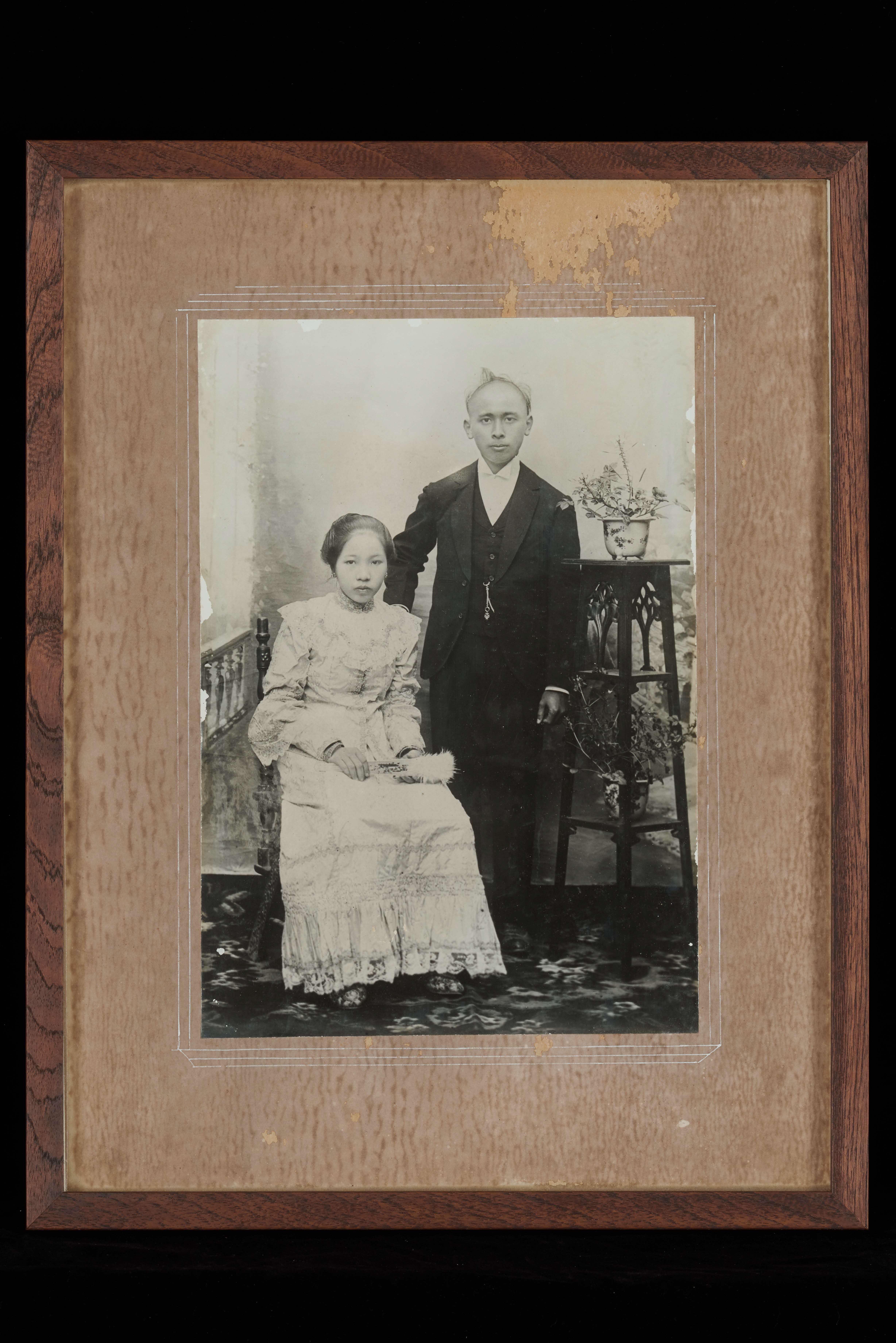This instrument bears an adaptation of the European perpetual calendar on one side, and can be used to tell time on the reverse. Although produced by a Hindu Brahmin instrument maker, the design of this instrument takes after Islamic astrolabes as Lahore was renowned for Muslim instrument makers who served the Mughal court. Two key parts of the astrolabe (the 'kursi' or throne, and the alidade) are missing here, hence the horary function no longer works. The perpetual calendar is still intact and is operated by rotating the central wheel. A perpetual calendar is a calendar that is valid for a good many years, and is primarily intended to look up which day a future date will fall on. This is done by setting the wheel to the position of the first day of the first month of the year. This will then allow users to read off the days for the rest of the year.





